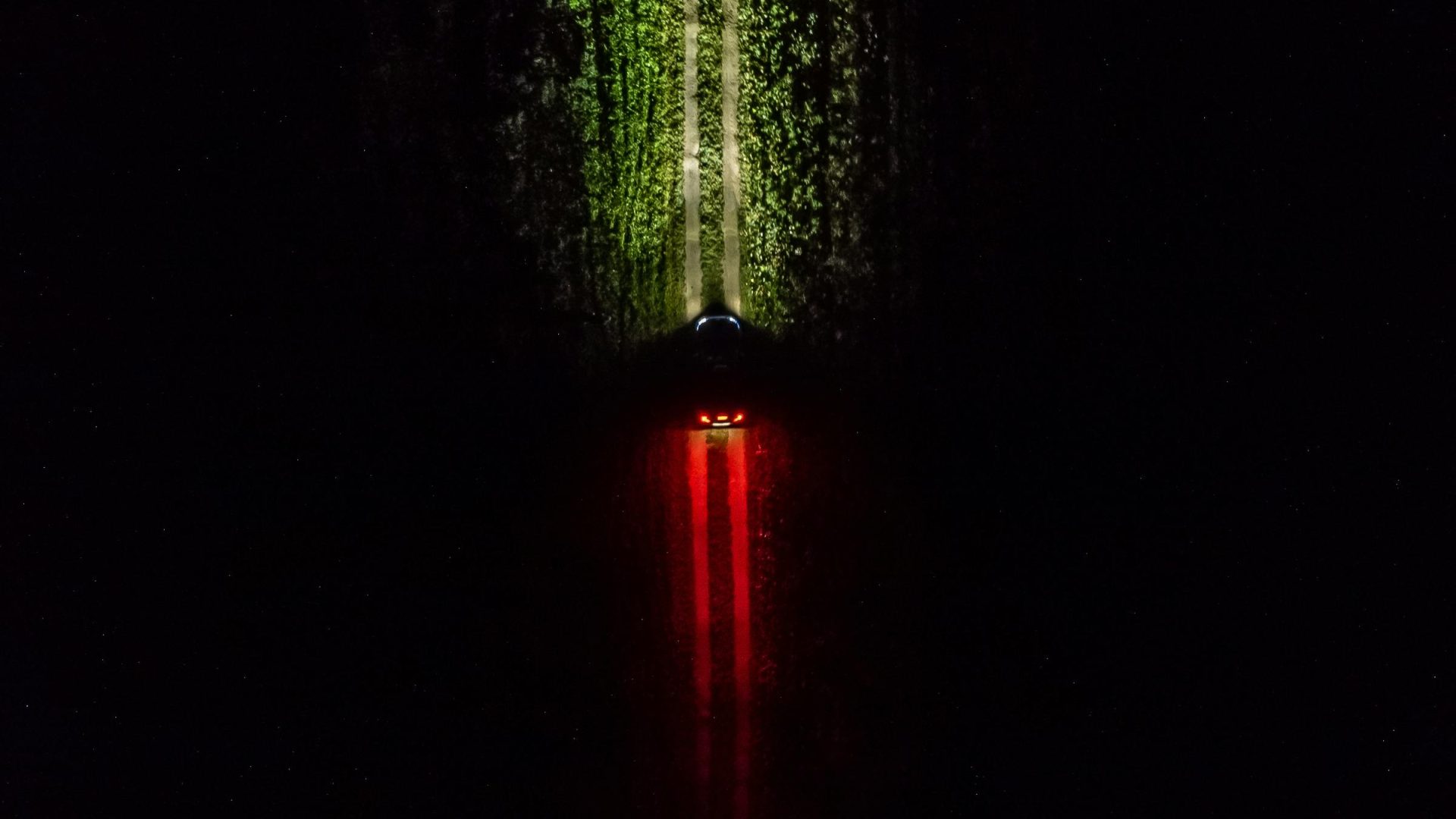Could the Disclosure of Non-Human Intelligence (NHI) Cause a Religious Crisis?
There are concerns that the revelation of non-human intelligences (NHIs) could cause a profound crisis within religious communities, undermining faith as we know it. Yet, history illustrates that religion has a remarkable ability to adapt. When it was established that the Earth is not the universe’s centerpiece, religious traditions adjusted accordingly. Similarly, when Darwin introduced evolution, many faith groups chose to integrate this understanding rather than falter. If NHIs were introduced into our reality, why would we expect a different reaction?
Many religious doctrines already entertain the concept of otherworldly entities—such as angels, spirits, and jinn. Catholic theologians have even pondered the existence of extraterrestrial life, and the Vatican Observatory has examined the implications of possible interactions. Would the presence of NHIs inherently contradict religious belief, or might they simply represent another facet of God’s creation? While some fundamentalist sects that emphasize human exceptionalism may face challenges with such revelations, the vast majority of religious perspectives are sufficiently flexible to incorporate new insights. The real test would lie in how faith is interpreted, rather than in faith itself.
Historically, unexplained phenomena have often been seen through a spiritual lens. Some may regard NHIs as divine messengers, others as malevolent beings, while some might simply view them as another intelligent life form with its own narrative and belief system. If NHIs exhibit capabilities beyond human understanding, it’s likely some will perceive them as divine, although these interpretations would hinge on their nature and how they engage with humanity.
Surprisingly, the disclosure could potentially bolster religious belief instead of diminishing it. If NHIs express a belief in a Creator, that could reinforce existing faith perspectives. Conversely, even a lack of acknowledgment from them wouldn’t negate the existence of God—much like the existence of atheist societies does not disprove theism. Ultimately, faith often rests not on certainty, but on the relationships fostered between individuals, communities, and the divine.
The most significant upheaval might arise not within religion, but in political, social, and power structures. Who would control the narrative surrounding NHIs? What if they possess technology that disrupts our energy, military, or economic systems? Governments and established institutions may struggle more with these changes than religious communities, which have historically adapted to new cosmic understandings.
Religious traditions have endured substantial paradigm shifts in the past. While some may choose to abandon their faith, most will likely find ways to evolve, as they always have. Rather than ending religion, the disclosure of NHIs could enrich the mystery of our existence, opening doors to new theological explorations about humanity’s role in a broader cosmos.
So, will religion crumble? Most likely not. Will it adapt? Certainly.

Your post presents a nuanced perspective on the potential impact of disclosing non-human intelligences (NHIs) on religious beliefs. I completely agree that history demonstrates religion’s ability to adapt to new knowledge and understandings. Just as humanity has reinterpreted its place in the universe through scientific advancements, such as heliocentrism and evolution, it’s reasonable to expect faith communities to respond similarly to the possibility of NHIs.
The point about many religious traditions already accommodating the notion of otherworldly beings is particularly insightful. The existence of angels, spirits, and even the theological exploration of extraterrestrial life by institutions like the Vatican shows that these faiths are not monolithic and can incorporate new revelations. For many believers, NHIs could indeed be seen as part of a divine creation rather than a threat to their faith.
You also raise an important consideration regarding the potential interpretations of NHIs, which could range from viewing them as divine messengers to simply recognizing them as another intelligent species. This openness could foster rich theological discussions that expand our understanding of the divine.
Furthermore, your assertion that the real upheaval may lie in political and societal realms rather than religious institutions is astute. The introduction of NHIs into our reality could redefine power dynamics, control of information, and global cooperation in unforeseen ways. Institutions typically struggle in the face of rapid change, but faith communities have historically displayed resilience.
In conclusion, while there may be challenges for certain groups that cling to a more literal interpretation of human uniqueness and divinity, it seems likely that the broader tapestry of religious belief will adapt and evolve. Rather than collapsing, religion may enter a new phase of inquiry and understanding that deepens the dialogue about humanity’s role in the cosmos.